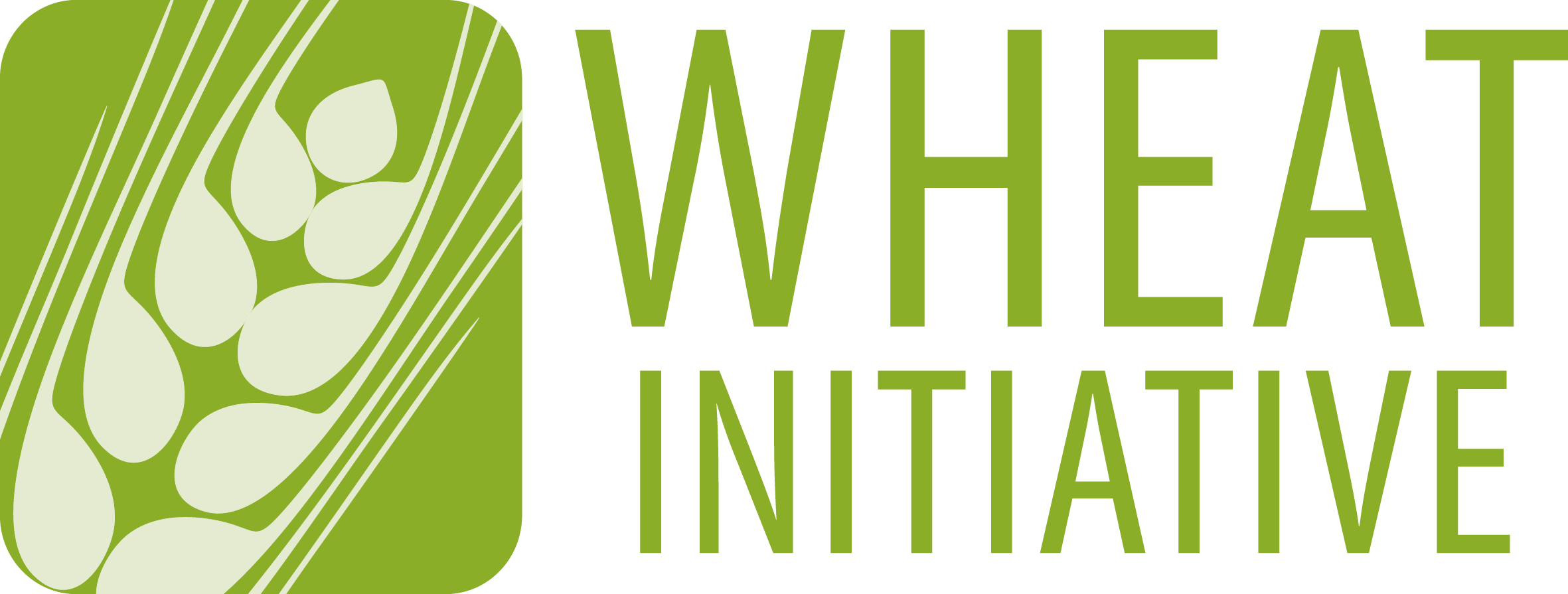WHEAT INITIATIVE ADVOCATES FOR GLOBAL COORDINATION OF CROP RESEARCH DURING THE MACS-G20 MEETING
(Berlin) From April 17 – 19, 2023, the G20 Meeting of the Agricultural Chief Scientists (MACS-G20) takes place in Varanasi, India. As a G20 initiative, the Wheat Initiative (WI) was invited to participate and present. The Wheat Initiative representatives at the meeting are John Spink (Chair of the WI Institutions’ Coordination Committee) and Teresa Saavedra (WI Programme Manager). Frank Ordon (Chair of the WI Research Committee) attends as part of the German delegation. Several other members of the WI community are attending; this is a great opportunity to present.
The presentation of the Wheat Initiative’s work given by John Spink set a major focus on the importance of cooperation and coordination in research to address the challenges threatening global food security. The Wheat Initiative provides an excellent example of the value of collaborative research. A key objective has been to enhance sustainable wheat production under increased climate stress, and access to the best and safest technologies in breeding, agronomy, plant nutrition and protection against pathogens and pests. These factors are essential and have to be implemented through a strong science based framework. John Spink outlined the programmes of the WI including the Alliance for Wheat Adaption to Heat and Drought (AHEAD) and the Wheat Initiative Crop Health Alliance (Watch-A), the 10+ Wheat Genomes Project, the International Wheat Genome Sequencing Consortium (IWGSC), as well as the International Wheat Yield Partnership (IWYP).
Frank Ordon, member of the German delegation and president of JKI says, “In my opinion the WI is a success story for international cooperation in research leading to tangible outputs and Germany, especially the Julius Kühn-Institute (JKI), is happy to host the office of the WI since 2018!”
The conclusion was that the Wheat Initiative is a vital organisation that coordinates wheat research worldwide. However, it is the only G20 crop improvement initiative although crop improvement and crop diversity is critical to face the challenges posed by the climate crisis. From the 17 UN Sustainable Development Goals (SDGs) points 2: Zero Hunger; 12: Responsible consumption and production and 17: Partnerships for the goals, may find a way when global coordination is supported. There is a large number of other cereals with great potential for improvement and these could improve diversity and help secure food security.
The WI – established in 2011 to support and coordinate the international exchange of ideas, resources and capacities to enhance the sustainable production of high-quality wheat to support global food security - will continue to provide and maintain a network of highly active experts to tackle the threats to the G20 goal of achieving global food security.
CONTACT - WHEAT INITIATIVE
Programme Manager: Teresa Saavedra
Twitter: @WheatInitiative
